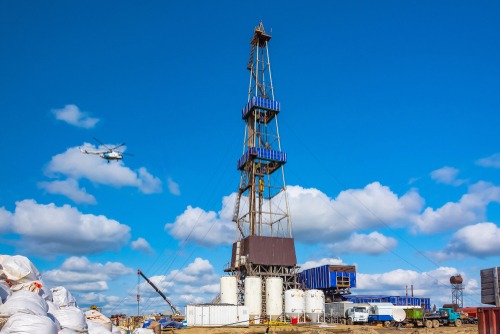
Thirty-nine percent of an estimated 3.8 trillion cubic feet of recoverable natural gas and natural gas reserves are located in the “Atlantic” states, including Appalachian states like Pennsylvania, Ohio and West Virginia.
These natural gas reserves place the United States as one of the world’s top natural gas producers, according to the Potential Gas Committee’s biennial assessment.
Compiled by the American Gas Association’s Potential Gas Committee, a group of geoscientists who assess future natural gas supply in America, the report notes total technically recoverable resources have bypassed previous assessment, making the 2020 assessment a record high. The assessment comes as natural gas prices are rising across the globe, particularly in Europe, where policies favor the use of intermittent energy resources over natural gas. America, however, “is better positioned heading into the colder months, given that it’s the world’s largest natural gas producer and that inventory levels are not as depleted as they are in Europe,” a CNBC article said recently.
However, the report said, connecting American natural gas and oil to domestic and foreign demand remains a challenge. In Appalachia, America’s largest natural gas producing basin, constraints have limited natural gas producers from realizing the full pricing potential other markets across the country have seen.
“Natural gas is the cornerstone of our economy and the key to continued global climate leadership, and we need more pipelines to move these critical resources to where they’re most needed,” MSC’s Dave Callahan said. “The benefits of investment in and development of natural gas infrastructure stretch far beyond primary production areas of Pennsylvania. A modern infrastructure network means family-supporting jobs, particularly among the building trades, home energy savings, a stronger and more energy secure nation, and cleaner air for us all.”
Members of the Pennsylvania Senate joined labor and business leaders last week to bring attention to what failing to invest and develop natural gas infrastructure would do to consumers, the economy and energy security.
“The greatest threat to the affordable, clean, natural gas energy is not a lack of natural resources, a shortage of capable workers, or an unwillingness to adhere to environmental regulations,” said State Sen. Camera Bartolotta (R-46). “The real threat comes from lawmakers and environmental extremists who do not understand or appreciate how important the oil and gas industry is in our daily lives.”